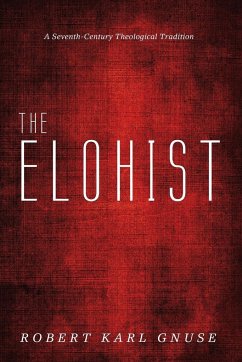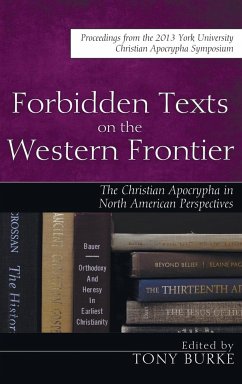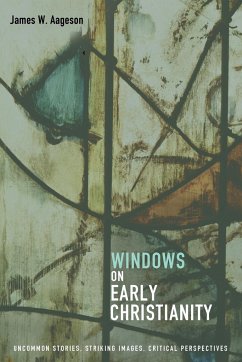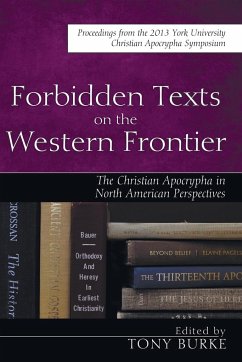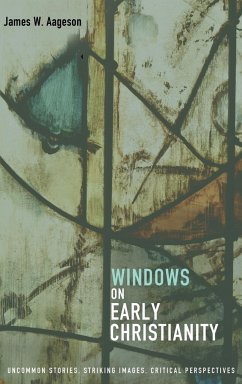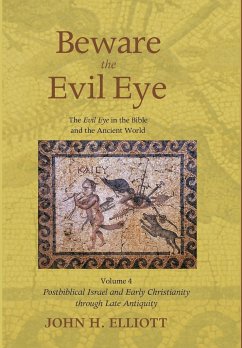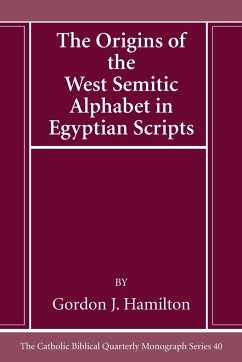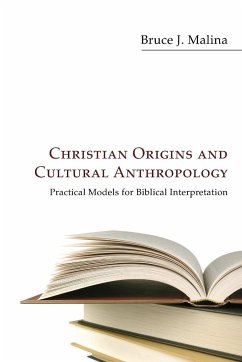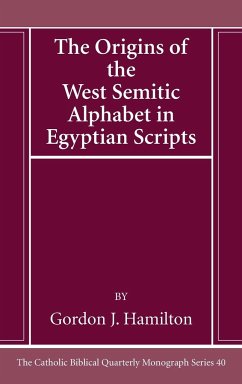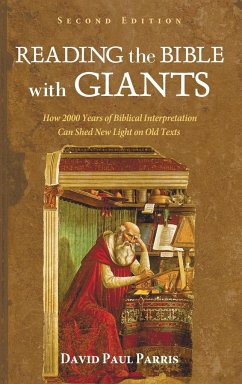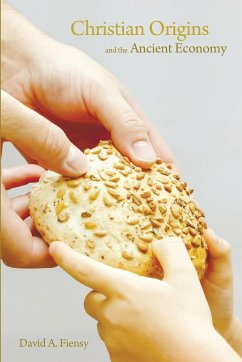
Christian Origins and the Ancient Economy

PAYBACK Punkte
13 °P sammeln!
What does economics have to do with Christian origins? Why study such a connection? First of all, the New Testament makes many direct references to economic issues. But, second, the economy affects every other aspect of life (family, religion, community, work, health, and politics). To understand what it was like to live in a society, one must understand what the economy was doing. The study of the economy includes not only the goods and services of a society but also human labor and its control. For one, it entails the size of the pie of goods. (How prosperous was first-century Galilee?) But ...
What does economics have to do with Christian origins? Why study such a connection? First of all, the New Testament makes many direct references to economic issues. But, second, the economy affects every other aspect of life (family, religion, community, work, health, and politics). To understand what it was like to live in a society, one must understand what the economy was doing. The study of the economy includes not only the goods and services of a society but also human labor and its control. For one, it entails the size of the pie of goods. (How prosperous was first-century Galilee?) But the study of economy also takes account of the slice of the pie that each family obtained. (How fair was the economy to each family?) Those involved in the quest for the historical Jesus have discovered that the ancient economy is a major point of dispute among various interpreters. Was the early Jesus movement a socioeconomic protest? Or was it primarily a religious reform? These two approaches understand Jesus in remarkably different ways. This volume seeks to guide readers through some of the most controversial issues raised in the last twenty years on this important topic.




